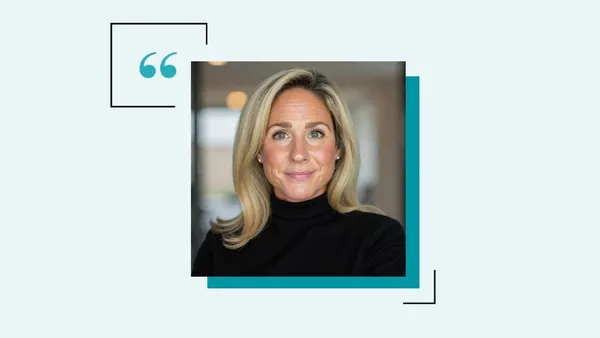David Friehling, who audited — or more precisely, perhaps, did not audit — Bernard Madoff’s books for 18 years, reversed course and pleaded guilty Tuesday to nine criminal counts of securities fraud, investment adviser fraud, and filing false reports with the Securities and Exchange Commission.
The SEC simultaneously announced that Friehling has agreed not to contest its own charges that he enabled Madoff’s fraud by failing to conduct audits that complied with generally accepted auditing standards and generally accepted accounting principles.
Friehling, who earlier had pleaded not guilty and now faces up to 114 years in prison, agreed to cooperate with the government in its ongoing investigation of Madoff’s fraud. He was released on a $2.5 million bond cosigned by eight “financially responsible individuals,” the Justice Dept. said. He agreed to forfeit $3.18 million, or the total compensation he received from Bernard L. Madoff Investment Securities from 1991 through 2008, plus the amounts that he, his wife, and his children withdrew from their BLMIS accounts.
Both the Justice Dept. and the SEC had accused Friehling and his accounting firm, Friehling & Horowitz, of filing false audit reports. Since they did not perform a meaningful audit of BLMIS, they had no basis for their opinions about the firm’s financial condition or internal controls, the government agencies charged.
More specifically, it was alleged, Friehling and his firm failed to independently verify BLMIS’s assets; to review material sources of its revenue, including commissions; to examine a bank account through which billions of dollars of its clients’ funds flowed; to verify liabilities related to its client accounts; and to verify purchase and custody of securities.
Internal controls that he failed to test included those addressing the firm’s redemption of client funds and the payment of invoices for corporate expenses. Friehling also was accused of having a personal BLMIS account with a year-end net equity of more than $500,000 — the maximum amount that, under SEC rules, he could have invested with a broker-dealer client and still maintain his independence.
Meanwhile, though Friehling was allowed out on bail while he cooperates with the government on the Madoff case, the same leniency has not been accorded to Frank DiPascali, the former CFO of Madoff’s firm.
DiPascali also is cooperating with prosecutors, who have twice asked federal judge Richard Sullivan to release him on bail. The original request was denied in August, and last week Sullivan postponed a decision on whether to grant the second request. He said he was unconvinced by arguments that DiPascali would not flee because family members agreed to put up essentially all of their wealth, $10 million, for the bond.
The judge’s stance is extremely unusual, according to Bradley Simon, a longtime federal prosecutor and now a white-collar criminal defense attorney with Simon & Partners LLP. “The court generally rubber stamps the requests of prosecutors,” Simon told CFO.com in August. “I can’t even remember the last time this happened.”
Usually, according to Simon, guilty people who cooperate on related investigations are not imprisoned until all the cases have been resolved. “I’m sure that when he pleaded guilty, DiPascali had every expectation that he’d stay out [of jail] for years,” he said.













